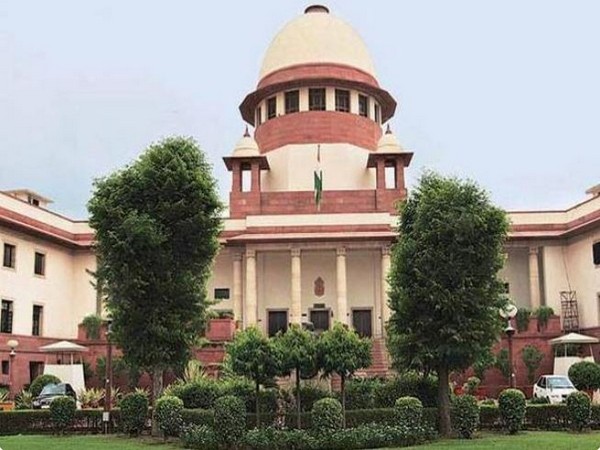Supreme Court Criticizes Punjab and Haryana Over Stubble Burning Negligence
The Supreme Court summoned Punjab and Haryana's Chief Secretaries, demanding explanations for the lack of legal action against stubble burning despite directives. The court criticized both states for imposing only nominal fines and ignoring severe air pollution issues, threatening further legal accountability if non-compliance continues.

- Country:
- India
In a stern move, the Supreme Court summoned the Chief Secretaries of Punjab and Haryana on Wednesday to account for their failure to prosecute stubble burning offenders. Justices Abhay S Oka, Ahsanuddin Amanullah, and Augustine George Masih reprimanded both states for their inaction, highlighting that no prosecutions have been initiated against stubble burning incidents.
The court voiced its dissatisfaction over the trivial fines imposed by Haryana for stubble burning, questioning why the states hesitate to prosecute those responsible. The bench noted that the Haryana government was disregarding clear information from ISRO about fire locations, exemplifying a blatant defiance of directives under the 2021 Commission of Air Quality Management Act.
Reviewing Haryana's affidavit, the court warned that the matter transcends politics and emphasized that non-compliance might lead to further summons. The bench also criticized Punjab's lack of enforcement under the Air Prevention Act of 1981, as air quality continues to deteriorate. The order from the Commission for Air Quality Management, issued three years ago, seems unmet, the court noted.
Furthermore, the Supreme Court expressed concern over the absence of officers at a meeting of the Commission's enforcement committee, demanding actions against absentees and clarity on the inclusion of experts in meetings. This hearing is part of a long-standing case dating back to 1985, tackling air pollution and the persistent issue of crop residue burning.
(With inputs from agencies.)
ALSO READ
Delhi-NCR Reinforces Stricter Air Pollution Measures Amid Deteriorating Conditions
EU Commission Takes Legal Action Against Britain Over Treaty Violations
Defamation Battle: Satyendra Jain Takes Legal Action Against Bansuri Swaraj
NDMC Rolls Out Mist Sprayers to Combat Air Pollution
EU Court Battle: Britain Faces Legal Action Over EU Law Breaches










